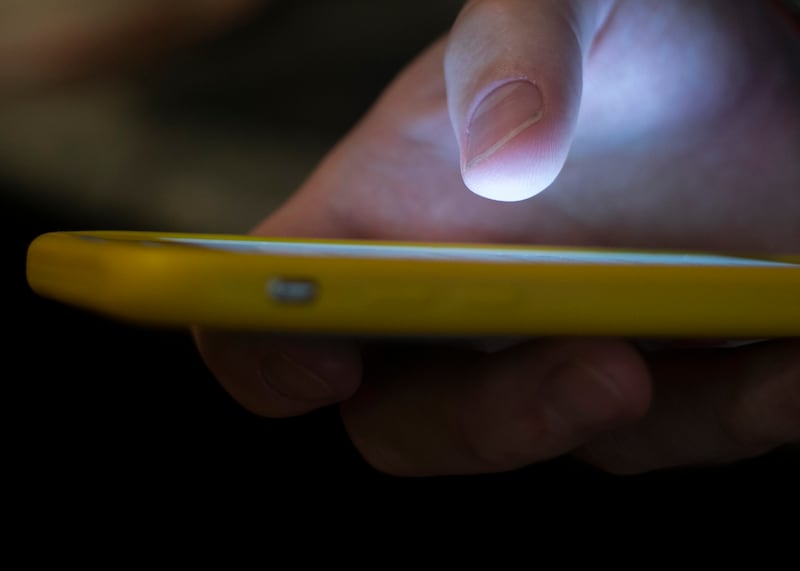The mental health national hotline version of 911, which is 988, is rolling out in July. The hotline is meant to help with suicide prevention and other mental health emergencies. But will states be prepared for the calls?
“We have all of the technology,” said Jennifer Piver, the executive director of Mental Health America of Greenville County in South Carolina, told NBC News. “We do not have the funding for staff, for salaries.”
What is 988?
When people call 988, they will be connected with a specially trained person to walk them through a mental health crisis, which could also decrease strain on law enforcement and on emergency rooms, according to The New York Times.
In 2020, mental health became more widely discussed at large as a serious issue.
“Bipartisan legislation in Congress mandated the launch of the 988 emergency number but left financial support for staffing, phone lines, computer systems and other infrastructure up to the states,” according to NBC News.
Will states be ready to implement 988?
Unfortunately, many crisis lines currently operating are relying on small budgets and have struggled to keep enough staff to answer calls for years, according to The New York Times.
In 2021, a New York Times data analysis revealed that “roughly 17 percent” of calls “were abandoned before a caller could get help.”
Callers complained about being put on hold in a time of great need.
“If you are in a crisis, you need help immediately,” a caller named Valerie said in an interview with The New York Times.
Federal grants are one way that centers are able to hire more counselors to prepare for the 988 rollout, but many states are still scrambling to provide a means to fund the likely increase in incoming calls to the streamlined number.
“It’s still better that we have this than not,” Bob Gebbia, the chief operating officer of the American Foundation for Suicide Prevention, told NBC News, “but matching demand is a concern.”
How did Utah help get 988 implemented nationwide?
Matt Sandgren, the executive director of the Orrin G. Hatch Foundation, wrote for the Deseret News that, in 2013, “Utah state Sen. Daniel Thatcher discovered Utah had 23 different suicide crisis hotlines, with several of them going straight to voicemail.”
Upon this discovery, Thatcher drafted a bill with Utah state Rep. Steve Eliason that would make the three-digit 311 Utah’s official mental health crisis hotline.
Utah played a large part in establishing the bill to make 988 available nationwide and is one of four states that enacted the 988 infrastructure without a fee, per a state legislation analysis report.
“Through 988, Utah has pioneered an innovative and more efficient way to get emergency services to friends and families in need,” Sandgren writes. “But our work on mental health policy doesn’t stop there.”


